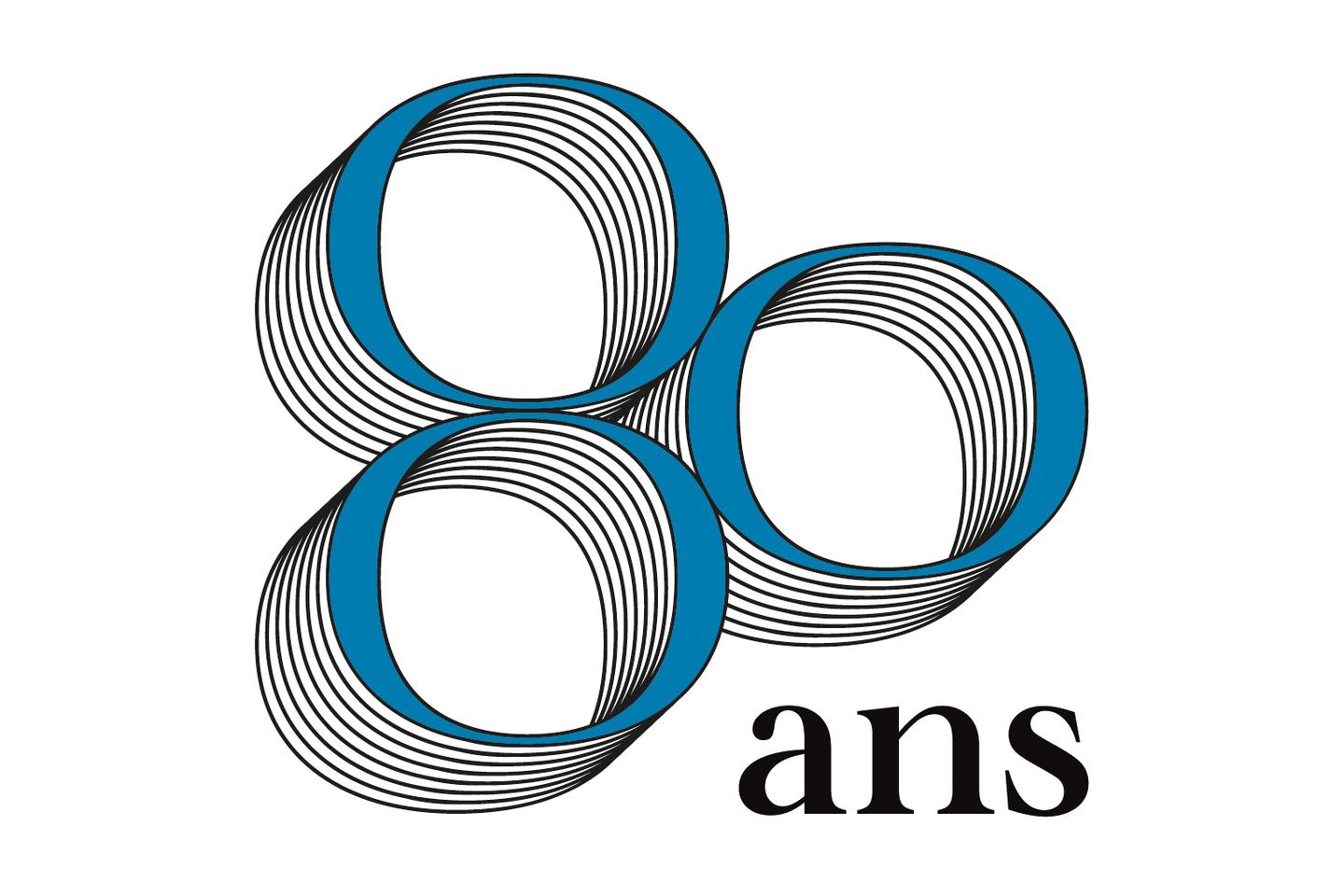


"This isn't going to work": These words of skepticism and caution − and surely a bit of superstition − were spoken by Hubert Beuve-Méry when confiding to those closest to him his doubts concerning what he was about to undertake. He uttered them on the eve of launching a tool that was at the same time fragile, powerful and necessary for the rebirth of democracy in the immediate post-World War II period: a resolutely independent newspaper. The first issue of Le Monde, published on December 18, 1944 − when France was still a long way from being completely liberated − was printed on a large double-sided sheet of paper and produced by fewer than 40 journalists.
Eighty years later, at the start of 2024, the work of more than 540 journalists is published daily, under our streamlined Gothic letterhead, in digital format and on paper; in apps and across social media; live blogs and in magazines; in podcasts and special editions; in French and English; and through texts, images and sound for more than 600,000 subscribers − and a far greater number of readers around the world.
The magnitude of this growth does not entirely discredit our founder's pessimism. Throughout the course of our history, we have navigated frequent crises and countless hazards, and made painful changes in order to safeguard our newspaper's total editorial independence and maintain its position as the leading national daily for general news. Each member of our company is well aware of the inherent vulnerability of this collective success, built up over the years, and everyone remains vigilant and ready to rally to the defense of their common project. Editorial teams are like living bodies, with shared memories and reflexes. When they lost their ownership stake in the company at the end of the 2000s, Le Monde's editorial staff relinquished neither their customary independence nor their capacity for upholding their prerogatives.
Digital revolution
Indeed, the past few years have also proven wrong those gloomy predictions of doom for other media organizations born out of daily print newspapers. The digital revolution didn't bury Le Monde, it saved it. The formation of a group including other titles has not weakened its values but rather strengthened them. Instead of losing its appeal, premium information has never been in such demand. Rather than shrinking, the editorial team has grown steadily − with the support of our shareholders − and continues to challenge fears, rumors, lies, propaganda and the motives of government through a professional approach that gives readers rapid access to trustworthy, in-depth and unbiased information.
While these developments may have transformed our structure and operating methods, they have not altered us in any profound way. Our values remain unchanged and our response to upheavals across the globe remains consistent with that set forth by Hubert Beuve-Méry: journalism, nothing but journalism − and all journalism. Our expanded news offerings, widely distributed through digital means, have earned us an unprecedented number of new readers, and younger. We've attracted a few critics, too, who have suggested that our evolution represents some sort of rejection of a past that they may have misunderstood or perhaps mythologized.
It's this new following, and these recurring criticisms, that we had in mind when planning the articles dedicated to our anniversary, which will appear throughout 2024 and culminate in meetings organized on the occasion of a Festival du Monde specifically devoted to our 80th anniversary, in September. Topic by topic, we have sought to explain the long history of our editorial obligations, the roots of our professional approach in that of our predecessors, as well as the imperative of identifying new issues raised by current events and adapting to changes in society, adopting fresh editorial perspectives to address them.
Critical views
In the area of politics, for example, Le Monde has remained far removed from the role of party or government supporter that some believe we have taken on, or would like to see us do so. The story of our newspaper's relationship with successive presidents of France serves as a reminder of the distance, stipulated from the outset by our founder, that should be maintained when dealing with power − those who wield it and those who aspire to it. In geopolitics, at a time when we are witnessing a resurgence of tensions and wars, including on European soil, we have reiterated our criticism of Russian imperialism, from Joseph Stalin to Vladimir Putin; of an emerging China; of the impasses in the Israeli-Palestinian conflict; and also of the divisions in play in the United States. Regarding the environment, our global coverage of the unfolding climate catastrophe has over time been given increasing editorial priority.
Today, on March 8, International Women's Day – shortly after a historic vote that enshrined in France's Constitution the freedom to have an abortion – we open this series with an account of how the progress made in equality between women and men has improved both our editorial operation and our approach to these issues. Originally an all-male newsroom, Le Monde, which had allotted but a few scarce lines to the first women's vote in 1945, would not stay on the sidelines of this revolution: Eighty years on, as many women as men hold key positions with the paper, and the numerous topics related to equality are widely covered.
On this point, as on others, adapting to the progress made by society and accurately describing the issues at stake and their repercussions are fundamental requirements for continuing to maintain that which has provided indispensable support throughout our history − and without which, as our founder feared from day one, none of this could have worked: the trust of our readers.
